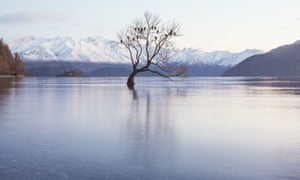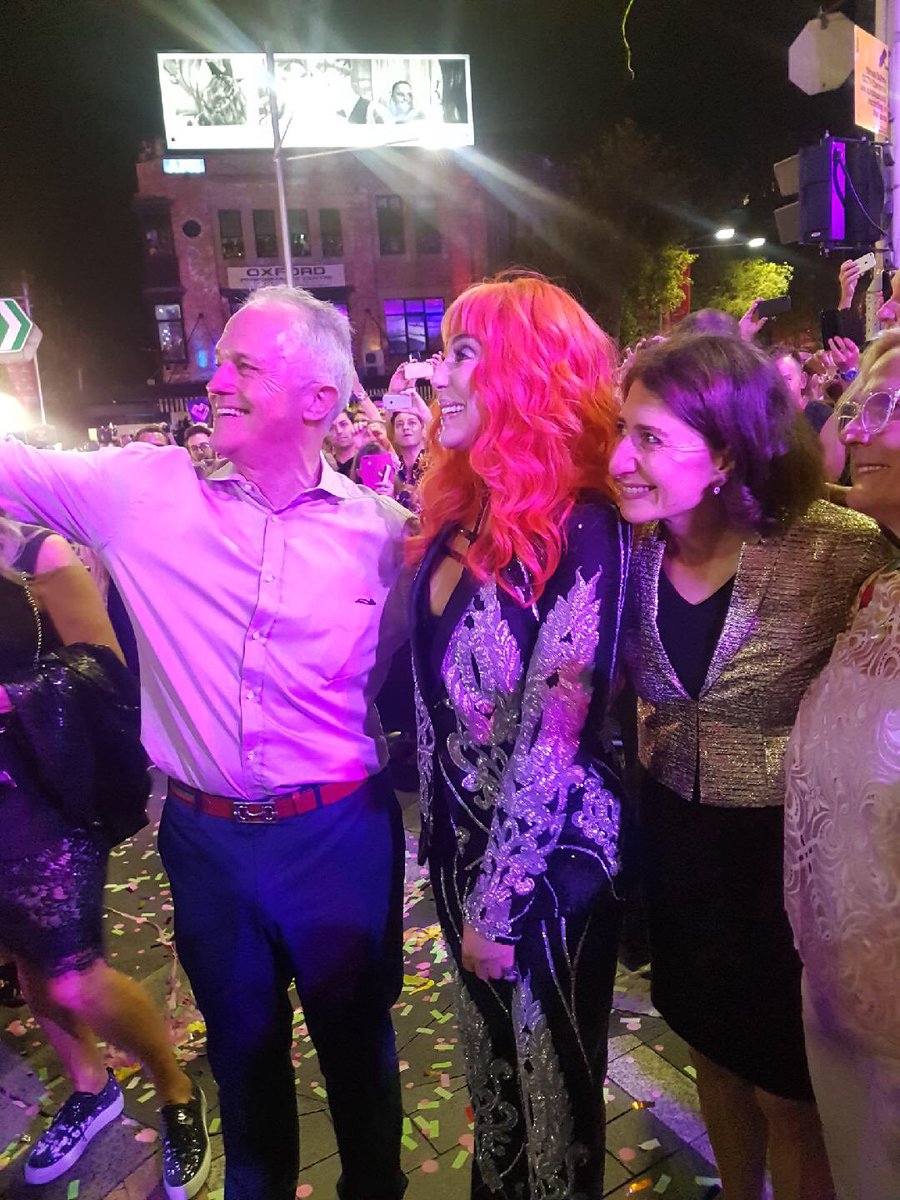
I grew up with that guy. Ironic though. We were outside The Herald building. We felt at home in the city of that time.
If you’re interested in the end of the world, you’re interested in New Zealand. If you’re interested in how our current cultural anxieties – climate catastrophe, decline of transatlantic political orders, resurgent nuclear terror – manifest themselves in apocalyptic visions, you’re interested in the place occupied by this distant archipelago of apparent peace and stability against the roiling unease of the day.Far off they danced.
If you’re interested in the end of the world, you would have been interested, soon after Donald Trump’s election as US president, to read a New York Times headline stating that Peter Thiel, the billionaire venture capitalist who co-founded PayPal and was an early investor in Facebook, considered New Zealand to be “the Future”. Because if you are in any serious way concerned about the future, you’re also concerned about Thiel, a canary in capitalism’s coal mine who also happens to have profited lavishly from his stake in the mining concern itself.
Matt Nippert, a reporter for the New Zealand Herald, began looking into the question of how exactly Thiel had come into possession of this apocalypse retreat, a 477-acre former sheep station in the South Island – the larger, more sparsely populated of the country’s two major landmasses. Foreigners looking to purchase significant amounts of New Zealand land typically have to pass through a stringent government vetting process.
Everyone is always saying these days that it’s easier to imagine the end of the world than the end of capitalism. Everyone is always saying it, in my view, because it’s obviously true. The perception, paranoid or otherwise, that billionaires are preparing for a coming civilisational collapse seems a literal manifestation of this axiom. Those who are saved, in the end, will be those who can afford the premium of salvation. And New Zealand, the furthest place from anywhere, is in this narrative a kind of new Ararat: a place of shelter from the coming flood.
O'Connell, Mark, Why Silicon Valley billionaires are prepping for the Apocalypse in New Zealand, The Guardian Long Read, 15 February, 2018.
There was no bomb. Blood did not batter the street.
The 40th Anniversary. Endless coverage.
Once upon a time, in a land far far away, Old Alex had been one of the only mainstream journalists to write sympathetically about the Mardi Gras.
Now there was wall to wall coverage.
Cher met the Prime Minister and the Premier. The robber barons of our age.

Even Cher gushed:
The LGBTI icon met with Prime Minister Malcolm Turnbull in front of gushing fans and later tweeted that she spoke with him about "how I detest [US President] Trump".
"The man I talked to seemed proud of everyone at the parade … the man I talked to will listen and hear and be compassionate," she said.
She also pledged that although "I get he's centre right, I'll work on the centre part".
However, as Cher fever swept through the parade, the awning of Oxford Street pizza shop Hello Pizza partially collapsed on passers-by, injuring one woman who was taken to hospital with minor injuries.
On top of celebrating marital bliss for all, the parade had a recurring theme of poking fun at Australian conservative politicians including Pauline Hanson, Bob Katter, Fred Nile and Cory Bernardi.
One float served up huge Hanson and Nile heads on dinner plates and another poked fun at Mr Bernardi's same-sex marriage "slippery slope worst nightmare" by acting out bestiality, marriage between family members and marrying inanimate objects like the Sydney Harbour Bridge. Cockburn, Paige, Sydney shimmers with pride, ABC, 4 March, 2018.
The wind dropped beside the Myall River, really the Myall estuary. As the tide washed in and out. A ruined houseboat. Somewhere a voice called. The elderly walked the avenue. A cracked hope. He was going to be ruined by malevolent intent. They just pretended to be alive. One glorious day. They chuckled. It had been a long wait. Their proboscis were out. They didn't know they were about to die.
Old legends sank beneath the waves.
Australians continued to celebrate. The day after.
A pod of dolphins played in front of Old Alex as he did his Buddhist exercises. A long strip of white sand. Intricate shells. Fishermen. Four-wheel drives parked directly on the beach. That morning he had watched the sun rise on one horizon, while the full moon sank on the other.
"They have a common ancestor." The dolphins. The pale, nature camouflaged crabs diligently digging their holes in the white sand. The fishermen. The empaths and the dogged investigators. The Watchers on the Watch and the tradies in the street.
"The world is so beautiful," Buddha is reported to have said on his deathbed.
And once again the phrase kept repeating in his head.
"The world is so beautiful."
THE BIGGER STORY:
 |
Nominee, World Press Photo of the Year, 2018. An unidentified young boy who was carried out of the last ISIS-controlled area in the Old City by a man suspected of being a militant is cared for by Iraqi Special Forces soldiers. The soldiers suspected the man had used the boy as a human shield in order to try and escape, as he did not know the child's name and claimed he had just found him alone in the street. One of the soldiers agreed to adopt the boy given that they knew nothing about him and he didn't speak. # Ivor Prickett / The New York Times |
Australia dropped more than a hundred bombs a month on Mosul and its surrounds as the second leading partner in the US led coalition.
Is it possible the Australian government doesn't want anyone in there determining how many people our bombs killed?
Australians will continue to face prosecution for being in the Iraqi city of Mosul in a demonstration of ongoing problems in the former Islamic State de facto capital, even as much of the region has been liberated from the terror group.
Foreign Minister Julie Bishop will announce on Friday that the city - traditionally Iraq’s second largest - will remain a “declared area”, meaning Australians can be jailed for up to 10 years for travelling or remaining there.
The decision is significant because al-Raqqa, the Syrian former capital of the extremist group that has caused havoc in the Middle East since 2014, has been removed from the list of declared areas by the Turnbull government. The government’s official estimate is that about 110 Australians remain as members of terrorist groups in Iraq and Syria, though they have been squeezed into ever smaller cracks as territory has been liberated.
In a statement, Ms Bishop said she met with Iraqi Prime Minister Haider al-Abadi recently at a counter-Islamic State conference in Kuwait and “noted that ISIS continues to engage in sporadic hostile activity within Mosul district”.
“Maintaining the Mosul district as a declared area provides our law enforcement agencies with a valuable tool to prosecute Australians supporting terrorism. The government is totally committed to protecting Australians and holding terrorists and their supporters accountable.”
The decision to relist the Mosul district appears to indicate intelligence agencies believe Australians are still there, though it is understood the decision does not mean most or all of the Australians scattered by the Islamic State’s loss of territory have gravitated to the city.
He was embedded with the US military in Iraq in 2003, and was one of the first journalists on the scene at the boxing day tsunami in Aceh in 2004. He hid in a bathroom at the hotel Turismo in Dili in 1999 as Indonesian-backed militias rampaged through "shouting they wanted to kill Australian journalists".
And in the last major assignment of his storied career, Fairfax Media's south-east Asia correspondent Lindsay Murdoch late last year witnessed the devastation and heartache of the Rohingya refugees in Bangladesh.For 40 years or, as he calculated this week, 16,290 continuous days, Murdoch has worked for The Ageor Fairfax Media. For much of that time he has been based in southeast Asia as a foreign correspondent.
This week, Murdoch retired. Fairfax Media chief executive Greg Hywood paid tribute, saying his "exploits and storytelling as a journalist are legendary."
Murdoch's career began at The Age in the early 1970s, covering police rounds at the then Russell Street police headquarters, working the graveyard 7pm to 3am shift.


No comments:
Post a Comment